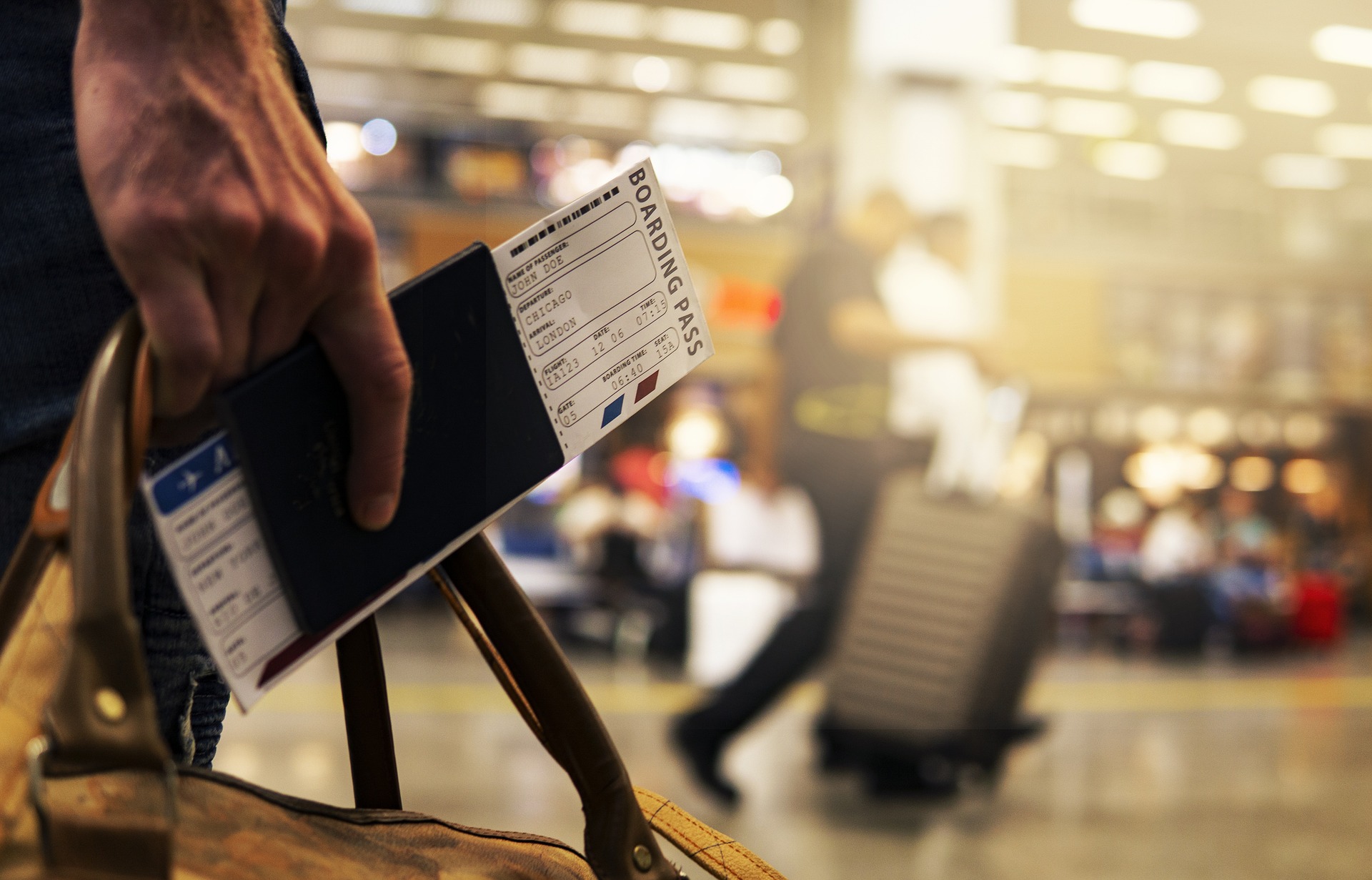The Tourism Authority of Thailand recently announced a new visa for remote workers and digital nomads as part of current efforts to boost the Thai economy through tourism.
The Destination Thailand visa allows remote workers, digital nomads, freelancers and their dependents to work in Thailand legally for stays not exceeding 180 days per entry. Other parties eligible for the visa include workers who participate in Thai cultural activities such as martial arts, culinary studies, music festivals, medical training, and more.
Related article: Phuket Selected as Venue for 2024 UNESCO Conference on Gastronomy in Creative Cities
Workers who are interested in applying for the Destination Thailand visa are required to apply at the nearest embassy or e-visa website. Applicants must pay a visa processing fee of 10,000 baht (around US$278) and have proof of funds or a guarantee of not less than 500,000 baht (around US$14,000) during their stay.
Documents are required for remote workers, foreign talents, and digital nomads to prove their status and purpose of visit. These documents include employment contracts or professional portfolios. For those attending trainings and cultural activities in Thailand, they are required to provide proof of confirmation to participate in the training.
Once approved, holders of the Destination Thailand visa are entitled to stay for no more than 180 days per entry into Thailand. The visa itself allows for multiple entry and can also be extended once for another 180 days if needed.
Related article: The Best Time To Visit Koh Samui: A Season-by-Season Guide
The announcement of the Destination Thailand visa comes as the country approves visa exemptions for 93 countries and territories around the world. Currently, all visitors to Thailand with visa exemptions are allowed to stay in Thailand for up to 60 days, with the option to extend their stay visa-free for up to 30 days.
Apart from the Destination Thailand visa and the granting of new visa exemptions, other measures for promoting tourism in the country include a student visa that allows higher-education students to seek employment in Thailand for one full year after graduation, and Visa on Arrival privileges for up to 31 countries and territories.
New visa regulations in Thailand have been incorporated into ongoing efforts to stimulate the Thai economy through the promotion of tourism, especially in destinations like Phuket and Koh Samui. Longer stays in Thailand are seen to boost revenue for local businesses and promote Thai culture.
Related article: Reasons Why You Should Choose A Traditional Thai-Style Villa On Your Next Vacation
–
Featured image: Firmbee for Pixabay







